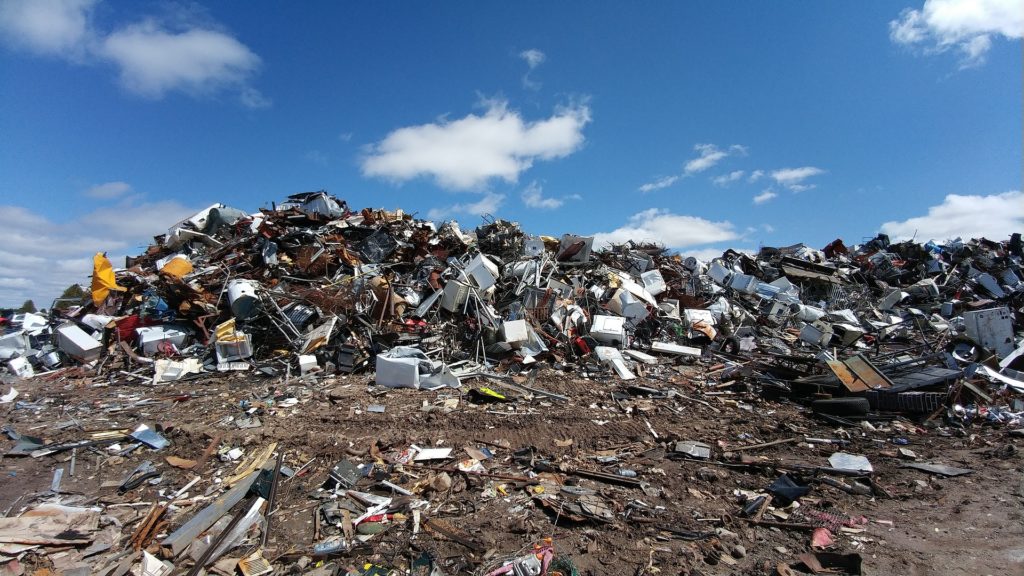How Companies Are Making E-Waste Reduction Part of Their Corporate Social Responsibility

As our society becomes more digitized and more focused on electronics for everything from our manufacturing to our day-to-day activities, the problem of e-waste has grown dramatically. E-waste, or the waste produced by the discarding of electronic goods, can be devastating to the environment.
The materials in cell phones and laptops can sit in landfills for generations, and some elements and chemicals in these devices can leach into the ground and water and do even more damage. Burning wires release hydrocarbons into the atmosphere and heavy metals like mercury, lithium and lead can mix with the groundwater or soil, killing plants and destroying local wildlife. Fortunately, this problem has a solution in the form of active e-waste reduction.
The value of effective e-waste reduction is staggering. The EPA estimates that the recycling of a million laptops could save as much energy as is expended in a year by 3,500 homes. The agency also tells us that recycling a million cell phones could enable the recovery of 75 pounds of gold, more than 750 pounds of silver and 35,000 pounds of copper.
While these numbers are enlightening, individuals can only do so much. The companies that are responsible for the bulk of e-waste must lead the way.
Modern Companies and Corporate Social Responsibility for E-Waste
We’re entering an era of corporate social responsibility in which more and more companies realize they have a responsibility to reduce the carbon footprint of their manufacturing processes. For example, Sprint has a buyback program where they’ll buy back any cell phone, no matter the condition, even if Sprint is not the carrier. They test and refurbish most of these phones and recycle the rest, saving themselves hundreds of millions of dollars and doing a great service for the environment.
Staples famously allows anyone to come in and recycle any computer, printer, peripheral or monitor at no charge. You can just bring it in and drop it off. Best Buy has a trade-in program where you can trade in old computers for a discount on a new one or a gift card, depending on the value and condition of your item. They’ll also recycle what can’t be traded.
E-Waste and Manufacturing
You don’t have to be a major company to be socially responsible about e-waste. Manufacturing companies are among the largest producers of e-waste, and the amount is only likely to grow. It doesn’t take much to stem the tide and start turning around the ever-expanding carbon footprint and waste generation of manufacturing. Simple steps, like having a mechanism in place for easy e-waste recycling and expanding your offerings to include refurbished products, can do a great deal.
Taking the right steps to reduce e-waste in manufacturing can save you money, build your reputation as a responsible member of the community and help you do your part to save the planet. For more manufacturing advice and reliable, fast electronics repair, visit Global Electronic Services.